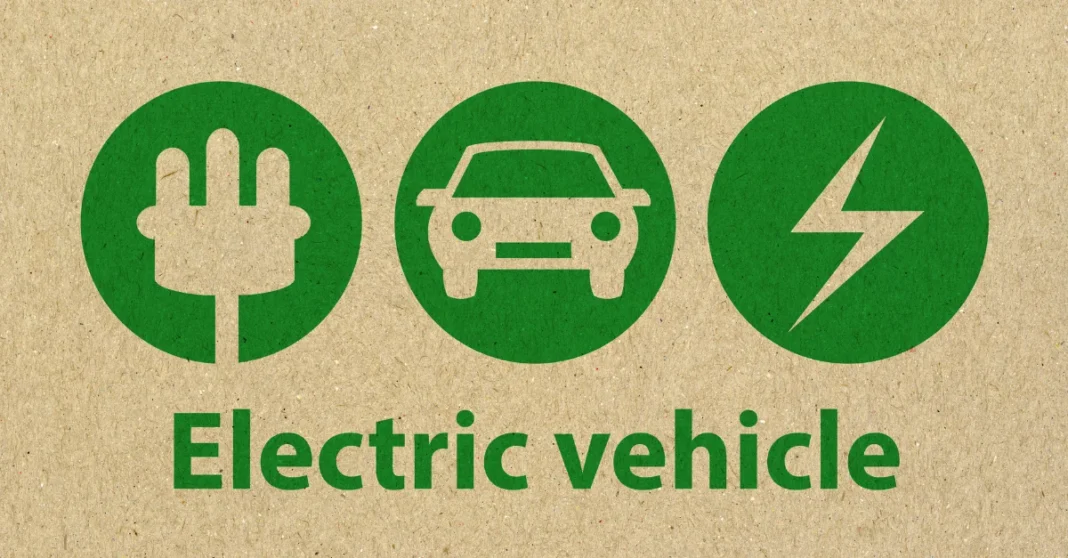The rise of electric vehicles (EVs) is transforming the automotive landscape, significantly impacting traditional fuel markets. As more consumers opt for EVs, the demand for oil is expected to decline sharply, leading to profound changes in fuel prices and the broader energy market. This shift is not merely a trend but a fundamental transformation driven by technological advancements, environmental awareness, and changing consumer preferences. As projections indicate that a significant percentage of new vehicle sales will be electric by 2030, oil-producing nations and companies must adapt to a landscape where reliance on fossil fuels diminishes.
One of the immediate effects of increasing EV adoption is the decline in oil demand. As gasoline-powered vehicles are phased out, countries with high EV penetration, like Norway and China, will experience substantial reductions in fuel consumption. This decline in demand can lead to price volatility in the oil market, as producers adjust their output in response to changing consumption patterns. In the long term, a sustained decrease in oil demand may drive down fuel prices, but geopolitical factors and production decisions by oil-rich nations can complicate this trajectory.
The economic repercussions extend beyond fuel prices. Oil-dependent economies may face significant fiscal challenges, prompting a need for diversification and investment in renewable energy. Furthermore, as EV infrastructure expands, there will be increased competition among energy sources, such as renewables and natural gas. This shift will not only redefine the energy market but also create new job opportunities in the green economy, even as traditional oil sector jobs may decline.
Key Impacts of EV Adoption on Oil Markets
- Declining Oil Demand
- Increased EV adoption leads to reduced gasoline consumption.
- Significant effects observed in countries with aggressive EV policies.
- Fuel Price Volatility
- Short-term price decreases may occur but could be countered by geopolitical factors.
- Long-term price trends may lead to stabilization or decline.
- Economic Diversification Needs
- Oil-dependent nations may need to invest in alternative energy sources.
- Transition strategies will be crucial for maintaining economic stability.
Considerations for the Future
- Job Market Changes
- Potential job losses in the oil sector due to declining demand.
- Opportunities for job creation in renewable energy and EV industries.
- Policy Implications
- Government incentives will continue to drive EV adoption.
- Stricter emissions regulations may further accelerate the shift away from fossil fuels.
As the adoption of electric vehicles accelerates, the economic landscape will inevitably change, prompting both challenges and opportunities for traditional fuel markets.

